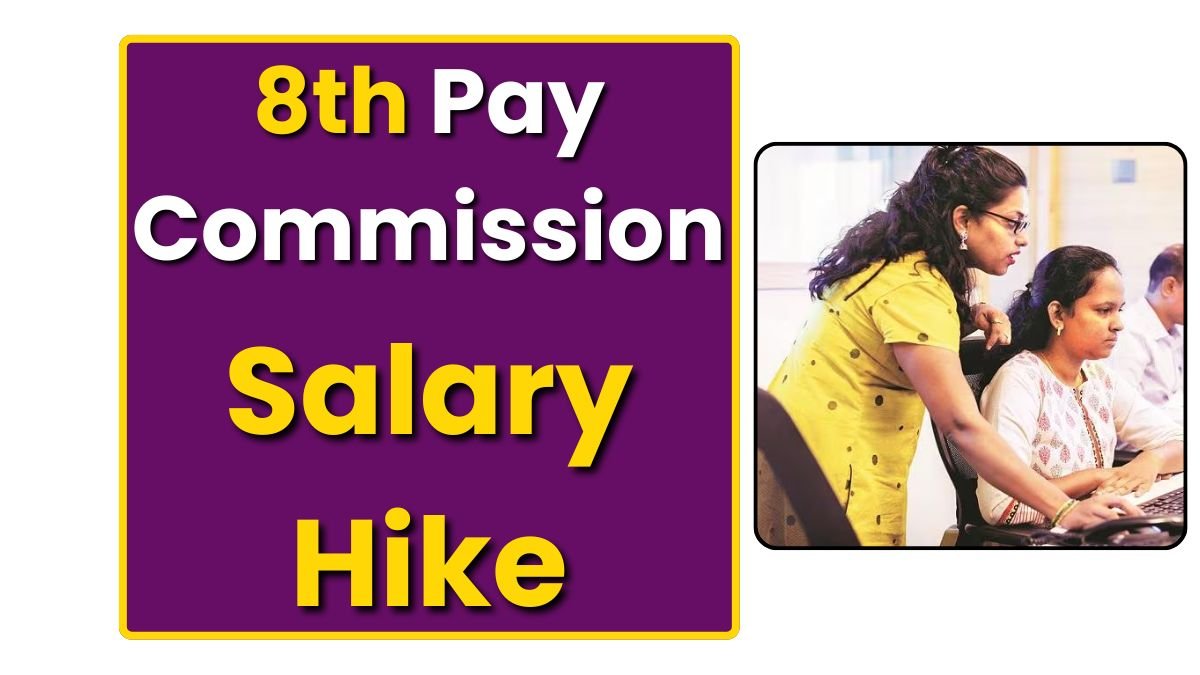The central government is gearing up for the 8th Pay Commission, keeping muzzles of hope and expectation wide for millions of employees and pensioners. As reported, within two to three weeks, the Terms of Reference (ToR) shall be outlined, along with the formal announcement of the chairperson and members of the commission.
With this, steps towards a new debate on revision of the salary, pension, and allowances of the central government employees would be initiated toward ensuring their financial security in consonance with the present economic scenario.
Common Memorandum to Shape the 8th Pay Commission
Before the formal constitution of the commission, a common memorandum regarding the major demands will be written by central government employees and pensioners. This is backed by the National Council-Joint Consultative Machinery (NC-JCM), which makes sure that the voices of employees will be very clearly heard.
Major Focus Areas in the Memorandum:
- Revision of the fitment factor for salary rise
- Minimum Salary fixations
- Revised pay scales and allowances
- Procedure for advancement and promotion
Shiv Gopal Mishra (Secretary General, NC-JCM Staff Side) shall head the drafting committee to finalize the memorandum. The member committee consists of thirteen elected members from the recognized employee unions. It is expected that the draft of the memorandum will be ready by June following the full discussions.
Time Schedule and Mode of Implementation
Once constituted, the 8th Pay Commission shall spend at least one year studying the representations made by the Central and State Governments, Public Sector Units, and other stakeholders. January 1, 2026, is likely to be the date of implementation of the final recommendations, thus enabling a timely transition for employees and pensioners.
Impact on Government Finances
The 7th Pay Commission substantially steered up government spending with a 23.55% increase in salary and pension payouts in 2016-17, thus adding on an extra burden of ₹1.02 lakh crore. The same financial endings are expected this time, which shall pose budgetary challenges for the government endorsing higher inflation and economic commitments.
The Beneficiaries
- The 8th Pay Commission will directly impact:
- Fifty lakh employees of the central government
- Sixty-five lakh pensioners
- Employees of the state and UT governments tend to follow the central pay revisions
Expectations from Salary Structure Revisions?
The 7th Pay Commission brought in the pay matrix where the minimum salary was set at ₹18,000 and the maximum at ₹2.5 lakh per month. This time around, it is expected that the 8th Pay Commission will revise the fitment factor (previously 2.57) to account for the inflation and rising costs of living.
Budgetary Impact: Lessons from Past
Post the 7th Pay Commission, government expenditure shot up by 9.9% in 2016-17, while revenues grew by just 4.8% in earlier years. The expected hit on the Fiscal planning from the upcoming commission would make sure that there is not much economic adjustment in the forthcoming years.



1 thought on “8th Pay Commission: Major Updates for Central Government Employees”